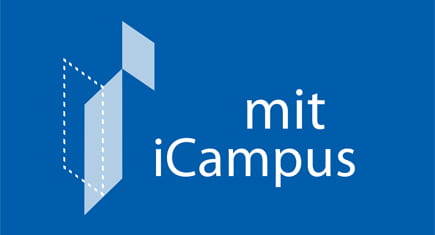January 2002–January 2004
Project-based design courses are an increasingly popular way of teaching robotics engineering because of the hands-on educational benefits. These types of classes, however, can be difficult for instructors to run because of the logistical challenges of requiring access to hardware and software laboratories, as well as a high degree of student autonomy outside of those settings.
“This project will produce a core asset of robot-specific content, tagged in a manner such that it can be reused and repurposed. This content can form a valuable asset to drive the scaleup of the Robot World community to include other universities. Furthermore, it can function as a template for mapping and tagging content in other domains. We believe that there is an opportunity for MIT to take a world leadership position in the use of Design Project-Based Learning.”
—Professor Alex Slocum, Dept. of Mechanical Engineering
Robot World systematized such courses to make them more deployable. The faculty team developed several tools and systems that leveraged Web-based learning services and knowledge checkpoints to ensure the learning of fundamental concepts and project-based design education stayed on a focused track. This includes “Take-A-Part,” a set of modules where students used Tablet PCs to simulate the assembly of various mechanical artifacts, such as power tools; CoMeT, a design environment for creating compliant mechanisms such as springs and tweezers for micromechanical devices; PREP, a Microsoft SharePoint® –based environment to support the peer-review design process; and Inkboard, a Tablet PC–based multiuser sketching tool to support collaborative design.
Investigators: Prof. John Williams, Dept. of Civil and Environmental
Engineering; Prof. Alex Slocum, Dept. of Mechanical Engineering;
Prof. Martin Culpepper, Dept. of Mechanical Engineering
